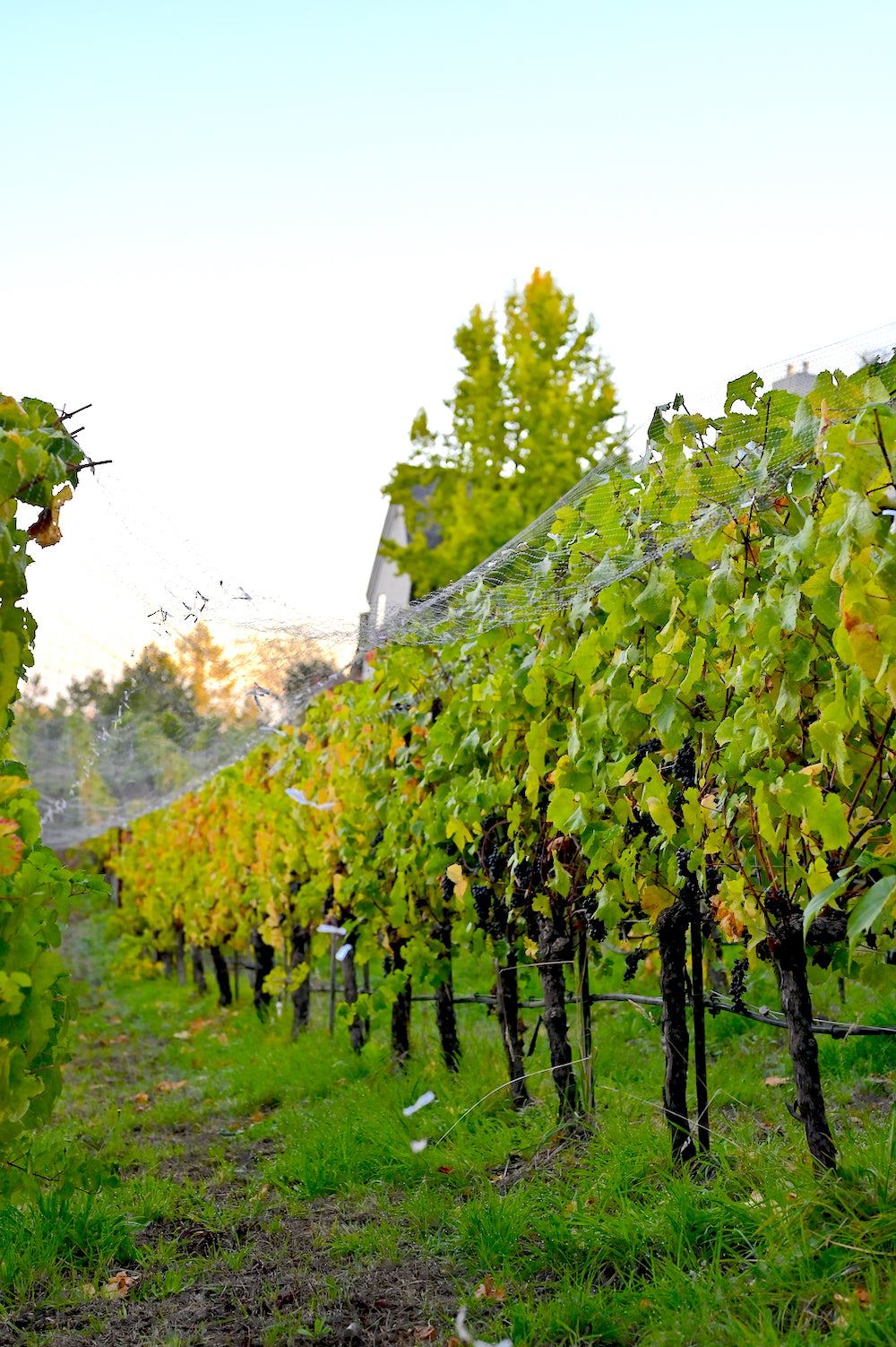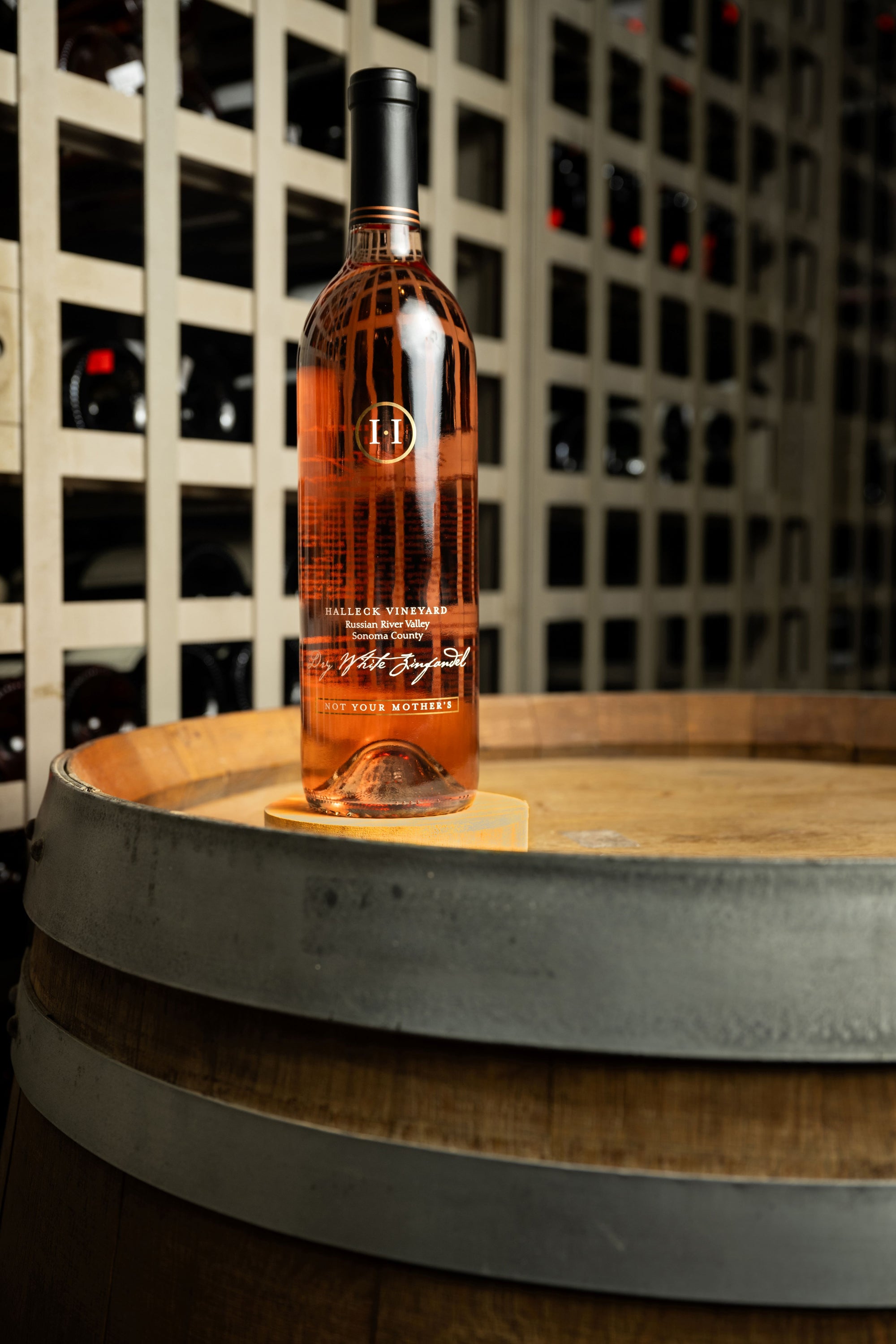Unique Wine And Food Pairings In Sonoma - Sebastopol Wine Tours And Vineyards
Wine tasting is commonly thought to be an art kind, one that goes beyond merely having fun with a beverage. It embraces a complex interplay of flavors, aromas, and textures that requires dedicated practice to actually grasp. Many who venture into the world of wine tasting quickly understand that it includes much more than just sipping wine. Bettering sensory skills via devoted winery wine tasting can elevate the experience, remodeling an informal drinking occasion into a complicated exploration of the senses.
At a primary stage, wine tasting engages the senses of sight, smell, taste, contact, and even sound. Each component plays a crucial role in appreciating the nuances of a wine. When one first pours a glass of wine, the wealthy hues can provide preliminary insights into its age and varietal. Observing the color and readability helps form expectations concerning the wine's flavor profile. Many don’t totally respect how this visual assessment can set the stage for what's to observe.
The next step is to interact the sense of scent. Swirling the glass aerates the wine, permitting its risky compounds to escape and fill the air with its bouquet. The nostril entails some fascinating layers—different aromas can sign various aspects of the winemaking process, together with the sort of grapes used, fermentation strategies, and aging conditions. Growing a eager sense of scent could be a game-changer in wine tasting.
Vintage Wine Tasting Experiences In Sebastopol - Top Sonoma Wineries To Visit
To enhance this sensory skill, wine enthusiasts are sometimes inspired to take part in dedicated tastings at wineries. These tastings allow individuals to focus solely on the sensory experience (Wineries With Picnic Areas). Tasting periods led by educated sommeliers or winemakers can supply insights into figuring out distinct aromas. Studying to distinguish between floral, fruity, earthy, and spicy notes can empower a taster to articulate their experience with higher precision.
As one practices their sensory talents, they might discover that their taste preferences evolve. This transformation typically occurs after a quantity of tastings. A wine that initially seemed overwhelming may reveal hidden layers of complexity with a bit of experience. Understanding the means to isolate individual flavors such as acidity, sweetness, bitterness, and umami contributes substantially to the general wine experience.
One Other essential component in bettering sensory skills is the context by which wine is tasted. Environmental elements like temperature, lighting, and even the company present can influence perceptions. At a winery, an optimal setting can scale back distractions and allow a more profound exploration of the wine (Wineries Offering Private Events). Working Towards aware tasting techniques encourages a extra immersive experience, allowing tasters to hone in on their senses.
It isn't solely about particular person notion, although. Engaging with others throughout a tasting can even improve sensory skills. Sharing notes and discussing impressions fosters a deeper understanding of the wine. This collaborative approach encourages individuals to articulate their sensory experiences, thereby broadening their linguistic repertoire related to wine tasting.
Wineries Focusing On Single Vineyard Wines - Vineyards Near Sebastopol
Moreover, pairing wine with food can significantly enhance the tasting experience. Completely Different combos can deliver out distinctive flavors in each the wine and the dish. As one tastes a wine alongside explicit foods, they'll start to recognize how certain elements within the wine complement or distinction with what they're eating. This skill of pairing is another layer that enriches sensory growth.
Training one’s palate can involve quite lots of workouts. Some enthusiasts engage in systematic tasting experiences, sampling a range of wines that showcase different varietals, areas, or vintages. Exploring this diversity can sharpen the power to discern nuances throughout completely different wine profiles. Over time, this practice builds a mental library of flavors that can be accessed during future tastings.
Notably, written notes serve a dual purpose: organizing one’s ideas and reinforcing reminiscence. By writing down observations about each wine, tasters can monitor their progress over time. Detailing the traits of wines assists in solidifying data, finally deepening one’s appreciation of what they eat.
Moreover, attending workshops or classes focused on sensory evaluation can additionally be beneficial. Many wineries offer these academic programs to assist people refine their skills. Typically, trained instructors guide individuals through structured tastings, specializing in particular parts of the wine. This stage of education reinforces the sensory skills asynchronously and challenges tasters to contemplate their experiences from totally different angles.
Wineries That Welcome Walk Ins - Sonoma Vineyards Worth Visiting

Over time, the dedication to bettering sensory skills by way of devoted winery wine tasting can yield important rewards. The enjoyment derived from wine turns into layered and multifaceted. No longer restricted to a easy choice for "purple" or "white," tasters begin to appreciate the look at this web-site stories behind each pour. They cultivate a palette capable of navigating the complex panorama of flavors with confidence.
In conclusion, the journey of enhancing sensory skills by way of devoted winery wine tasting is as rewarding as it's pleasant. It requires focus, dedication, and a willingness to study, but the outcomes far exceed the initial effort. By partaking multiple senses and collaborating in considerate discussions, people not only become more proficient at figuring out flavors but additionally develop a deeper appreciation for the craftsmanship behind every bottle. The course of transforms wine from a mere beverage right into a wealthy tapestry of sensory exploration that beckons enthusiasts to delve deeper. As skills enhance, so too does the enjoyment, enriching life experiences one sip at a time.
Beautiful Picnic Areas At Sonoma Wineries - Sonoma Vineyards For A Perfect Day Out
- Engaging the palate via diverse wine varieties enhances the ability to distinguish flavors and aromas, refining total sensory notion.
- Taking Part in guided tastings promotes focused attention on subtle traits of every wine, nurturing important tasting skills.
- Learning to identify specific grape varieties fosters a deeper understanding of terroir, which aids in recognizing regional flavor profiles.
- Incorporating food pairings during tastings can heighten sensory consciousness, as completely different tastes can affect each other and alter perceptions.
- Practicing the art of swirling and nosing wines allows individuals to connect olfactory cues with taste, enhancing the power to articulate sensory experiences.
- Attending workshops that emphasize blind tastings trains members to rely purely on their senses somewhat than preconceived notions, enhancing objectivity.
- Elevating sensory skills can result in higher wine choice skills, empowering people to make knowledgeable selections primarily based on personal preferences.
- Participating with educated sommeliers provides insights into wine-making processes, which deepens sensory appreciation and enhances vocabulary for describing wines.
- Common participation in tastings encourages memory improvement of flavors and aromas, aiding in the formation of a customized sensory profile over time.
- Sharing tasting experiences with peers fosters discussion, promoting communal studying that may improve particular person sensory skills via collaboration.undefinedWhat is the aim of enhancing sensory skills via wine tasting?

Enhancing sensory skills through wine tasting permits individuals to boost their capability to identify and recognize the varied aromas, flavors, and textures of wine. This heightened sensory awareness can result in a deeper understanding of wine and an overall enriched tasting experience.
Best Pinot Noir Wineries In Sebastopol - Vineyard Tasting Events In Sonoma County
How can I develop my sensory skills at a winery?
You can develop your sensory skills at a winery by collaborating in guided tasting sessions that target specific varietals. Have Interaction with educated workers who can present insights and encourage you to take notes in your impressions, enhancing both your observational and descriptive abilities.
What should I expect throughout a devoted wine tasting experience?
Vintage Wine Tasting Experiences In Sebastopol - Wineries To Visit
During a dedicated wine tasting experience, expect to sample a selection of wines while receiving focused schooling about every one. You May be taught in regards to the winemaking course of, tasting techniques, and tips on how to discern completely different sensory traits, all in a relaxed setting.
Is prior information of wine essential to benefit from a sensory skills workshop?
- Scenic Vineyard Tours In Sebastopol
No prior information of wine is critical; the workshops are designed for all levels of experience. Newbies will discover valuable info to construct from, while seasoned tasters can refine their skills and increase their palate even additional.
How do sensory skills impression my overall wine appreciation?
Wineries With Breathtaking Gardens In Sonoma - Sebastopol Winery Experience
Enhancing sensory skills significantly enhances your total wine appreciation by allowing you to establish subtleties and complexities in wines. This deeper understanding enriches your tasting experience and helps you make knowledgeable selections browse around these guys primarily based on personal preferences.
Are there specific techniques I ought to use while tasting wine to improve my sensory skills?
Wineries Known For Their Hospitality - Sebastopol Wine Country Vineyards Adventure
Sure, employing techniques such as the "SWOT" method (Sight, Swirl, Smell, Sip, Savor) can be helpful. Pay consideration to the wine's look, aromatics, and mouthfeel, and take your time with each sip to completely explore the flavors and sensations.
What kind of wines are usually included in sensory skills tastings?
Sometimes, sensory skills tastings include quite lots of wines that showcase totally different areas, varietals, and styles. This variety helps participants establish distinct traits and enhances their capacity to distinguish between wines.
Can sensory skills workshops be personalized to my tasting interests?
Wineries Specializing In Sparkling Wines - Sonoma Vineyards To Explore
Many wineries offer personalized options for sensory skills workshops, permitting you to give consideration to particular types of wines or themes that curiosity you, similar to organic wines or unique regional choices. It's best to inquire instantly with the winery for tailored experiences.
Is there a way to practice sensory skills after leaving the winery?
Sure, you can practice your sensory skills at home by tasting different wines and keeping a tasting journal. Experimenting with varied food pairings and aromatics can further improve your understanding of how flavors interact, reinforcing the abilities gained at the winery.